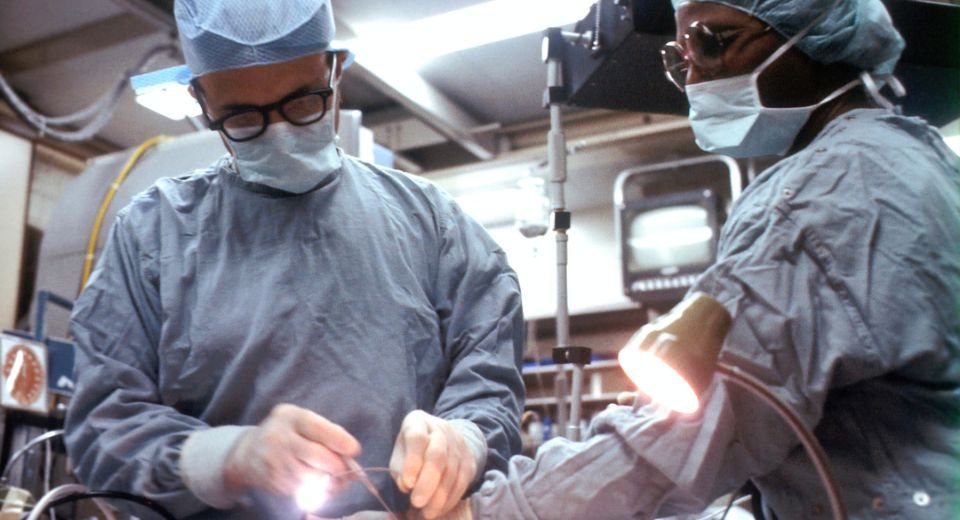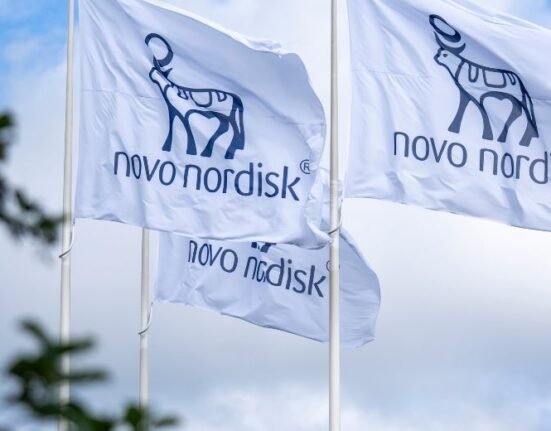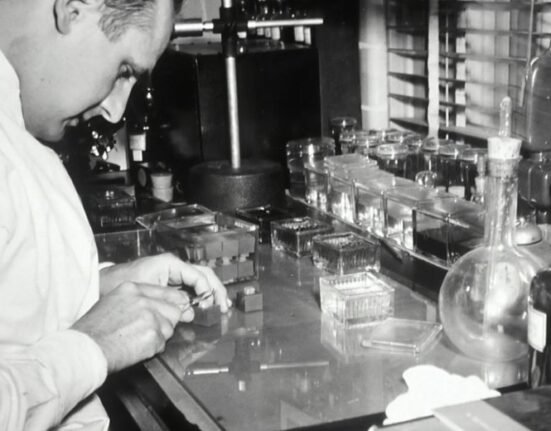HQ Team
August 16, 2023: Delcath Systems Inc., has been granted an FDA nod for its Hepzato Kit, a liver-directed treatment for patients with metastatic uveal melanoma, giving the Delaware-based firm $60 million fund access.
The FDA approval triggers the second tranche of financing tied to the previously announced March 29, 2023, private investment in public equity financing, according to a company statement.
Participants in the financing have 21 days to exercise their Tranche A warrants, translating to up to approximately $34.9 million of additional funding to Delcath.
If the company records at least $10.0 million in quarterly US revenue from the commercialization of Hepzato Kit, participants in the financing will have 21 days to exercise their Tranche B warrants, resulting in up to an additional $24.9 million in funding to Delcath.
Stage IV affects liver, lungs
Unveal melanoma is a disease in which malignant or cancer cells form in the tissues of the eye. With stage IV metastatic melanoma, cancer spreads to distant regions of the body, most commonly the liver, lungs, bones, gastrointestinal tract, and brain.
Hepzato, containing melphalan for injection and a system for delivery, is a liver-directed therapy for adult patients with uveal melanoma and with unresectable hepatic metastases affecting less than 50% of the liver.
The patients must not have extrahepatic disease, or extrahepatic disease limited to the bone, lymph nodes, subcutaneous tissues, or lung that is amenable to surgery or radiation.
Metastatic uveal melanoma is a rare but aggressive metastatic cancer affecting about 1,000 people yearly in the US. About 90% of cases involve the liver, and liver failure is a common cause of death.
Response rate
During clinical trials, patients with limited extrahepatic disease in the bone, subcutaneous sites, lymph nodes, or lung were permitted.
The go-ahead for the patients for the experimental therapy was given if the life-threatening component of the uveal melanoma was in the liver and the extrahepatic disease was amenable to resection or radiation.
The main efficacy outcome measures were objective response rate and duration of response as assessed by an independent central review committee.
The response rate was 36.3% and median duration of response was 14 months.
Melphalan (Hepzato) was administered through the device constituent part, the Hepatic Delivery System, by infusion into the hepatic artery every six to eight weeks for up to six total infusions.
Boxed Warning
The prescribing information also has a Boxed Warning for myelosuppression with resulting severe infection, bleeding, or symptomatic anemia.
Hepzato was prevented from usage if the patients has active intracranial metastases or brain lesions with a propensity to bleed.
It was also blocked by the FDA in patients with liver failure, portal hypertension, or known varices at risk for bleeding; surgery or medical treatment of the liver in the previous 4 weeks.
Patients with uncorrectable coagulopathy, inability to safely undergo general anesthesia, including active cardiac conditions such as unstable coronary syndromes, history of allergies, were advised not to use Hepzato.
Hepzato Kit is the only liver-directed therapy approved by the FDA for the treatment of metastatic uveal melanoma, according to a company statement.
Product in 4th quarter
The oncology company plans to have commercial products available in the fourth quarter, and patients will continue to be enrolled and treated at Expanded Access Program sites.
“Hepzato Kit is the only liver-directed therapy that can treat the whole liver,” said Vojislav Vukovic, Delcath’s Chief Medical Officer.
“Scientific literature supports that Hepzato Kit may have broad applicability in other tumor types, and we intend to expand our development efforts beyond uveal melanoma given the high incidence of unresectable hepatic dominant tumors.”








